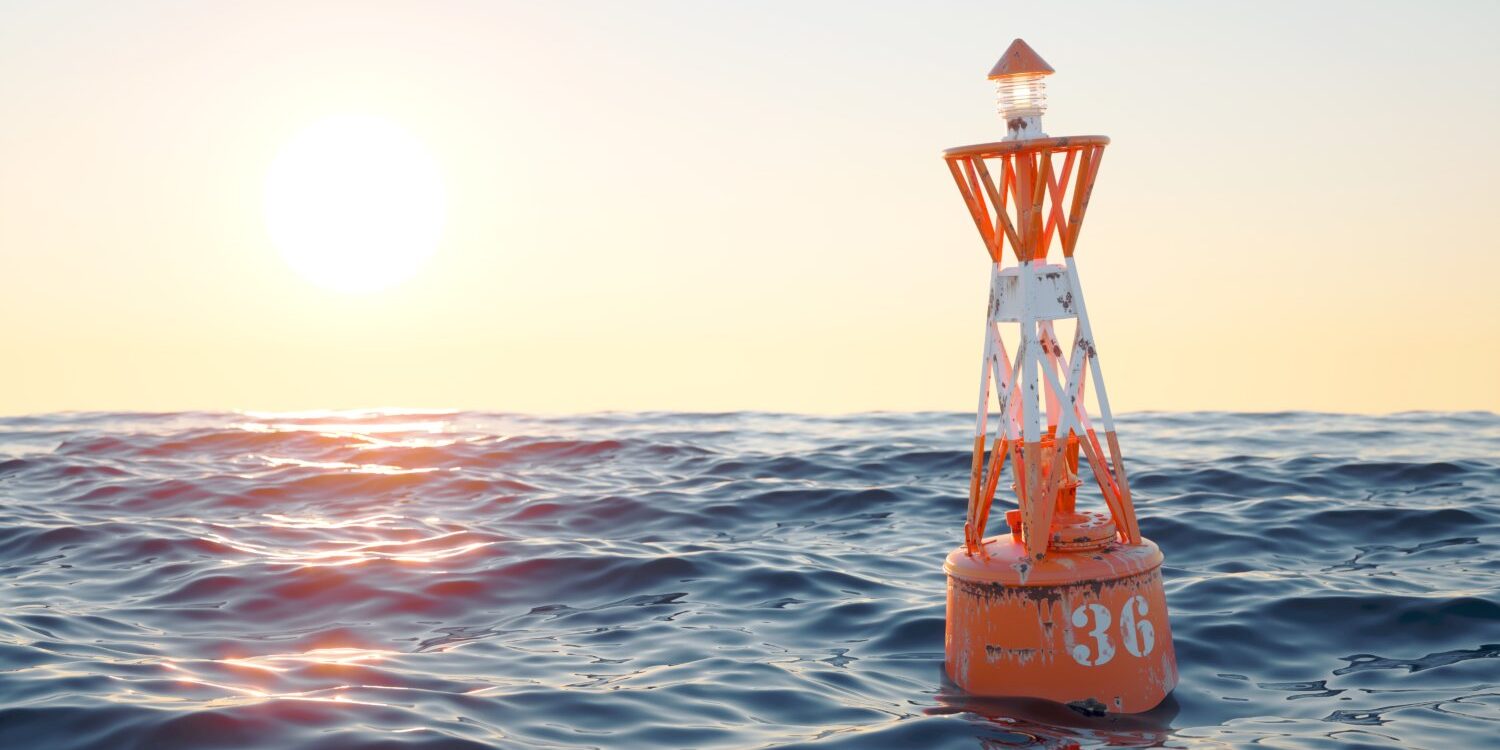Shopping for marine safety equipment is an important step before setting sail. Whether industrial, commercial or domestic, boats need to be safe for use before putting your loved ones or employees onboard. A great way to ensure safety is to only purchase trustworthy equipment from reliable suppliers, particularly when it comes to secondhand equipment that needs testing.
In this article, we will cover some of the important factors to consider before purchasing mooring equipment, helping you to get the machinery or tools you need successfully. We will specifically cover the uses of marine equipment, how to know what you need, the ways to select the right company, and how our team at Atlas Winch Hire and Hoist Services can help you.
The Uses of Marine Equipment
Learning about the uses of the different types of marine equipment can be very helpful, particularly before purchasing. This is especially true if you are unfamiliar with boating gear.
Read on to learn about four types of equipment used at sea.
Marine Winch
While several types of winches can be found on boats, marine winches are one of the most common types found on fishing boats or freight ships. A marine winch can hoist up heavy equipment or cages, making it great for large cargo such as fishing nets. These are generally found toward the back of the boat.
Another type of winch used on water vessels is boat winches, which are used for towing and loading boats. These winches help easily move heavy boats, where it would take a large quantity of manual labour.
Water Buoys
There are several types of water buoys, each generally used to mark out something important. We have listed three common types below, to help you get started.
- Mooring Buoys – These buoys are used for boats to attach to, as they are attached to the seabed. This prevents ships from dropping anchors in unsafe environments or from harming protected sealife areas.
- Cardinal Buoys – Used to guide seafarers, cardinal buoys will mark out directions to navigate around dangerous objects in a large body of water.
- Weather Information Buoys – Technological advancements have led to buoys that can detect information about the weather, from wave height to water temperature. This data can then be used to predict storms, helping to keep those on boats safe.
Anchors
Used as boating iconography for decades, anchors are still an essential part of marine travel. Anchors are used to help a boat stay stationary while at sea. Waves and weather in the open water can be dangerous, pushing a boat rapidly one way or another. Anchors are therefore heavy, helping to root the boat in place for a break. Fishing boats also employ anchors to steady themselves while they reel in their catches, whether in nets, cages, or a fishing line. Most boats should have at least two anchors to prevent losing a way of mooring if one gets lost.
Schmitt Brackets
These brackets are used for mooring solutions, often tailored to different capacities. They can be used for single-point mooring, for example, which is used for loading or offloading liquid and gas cargo in large quantities without needing to travel to shore. In emergency towing situations, Schmitt brackets can be equally helpful. They can be welded to a deck, ensuring that they can withstand pulling and towing needs.
Knowing What You Need
Understanding what equipment you need before shopping around is vital to selecting the right company. Without doing your research, you may end up with a supplier who can’t offer everything you need, resulting in the need to buy other tools elsewhere. This can increase your delivery costs, as you need to source two different suppliers, sometimes more.
Read on for some suggestions on what to consider when deciding what you need.
What The Equipment Does
It’s important to know what the different equipment does before purchasing. Not knowing exactly what a tool requires to operate can be an expensive error, as you may need to be trained for operation, or find the right power source. Other equipment might not do what you would expect it to, which can be dangerous when out at sea. Unpredictability and open waters generally aren’t a very good match. Read the previous section for some information about what different types of mooring equipment should do.
Thinking About Size
While the right tools for the job are great on their own, it’s important to know their dimensions. Boats are more restricted space-wise than a warehouse would be, so if your newly purchased mooring equipment is too large, it will likely dangerously increase the weight of your boat, as well as not being able to slot in. Machinery that is too small can be just large an error, as it might not be able to complete the jobs you need it to. Any marine winch will have a weight limit, so it’s important to check the capacity with a winch specialist.
Seek Advice
After doing your research, you might still feel unsure of what it is specifically you need. If this is the case, seeking the advice of a specialist can be very beneficial. For example, if the different types and sizes of winches feel daunting, a winch specialist can help advise you on what you might need, depending on what you are looking to get out of it. Opt for professional advice, as many specialists have many years of experience backing up their knowledge.
Picking The Right Company
Once you know the right tools, it’s vital to pick the right company. To do so, there are many ways you can obtain an idea of the success and reliability of a company. We have listed a few below, to help you get started when looking for a mooring equipment supplier.
Read Reviews
One indicator of the trustworthiness and reliability of a mooring equipment supplier is good reviews. Look at the reviews from several websites, as this will give you the most well-rounded answer. Reviews can also suggest faults or downfalls of a company, so look for frequently mentioned issues within reviews to spot the pattern. This could be unreliability, costliness, late deliveries or slow responses. Weigh up the pros and cons of a company off of these reviews before selecting them.
Speak To The Team
Getting in touch with a company’s team can be a great way to get a sense of a company’s attitude and service quality. If you contact a business and their responses are timely and attentive, this is generally can be a sign that they are likely to be informative and caring when it comes to your needs. On the other hand, if you receive rude answers, this could indicate an indifference to customers which means you might not be getting the most reliable service. Similarly, a lack of response is not often a good sign.
Consider Deliveries
To prevent any major inconveniences, you should check with a supplier whether they are based and if they can deliver. There’s nothing worse than buying a product, only to find out it needs to be picked up in person. This creates the issue of transportation, as most equipment is unlikely to fit in the back of a family car.
When purchasing products from a marine equipment manufacturer or supplier, it’s good to find out the cost of a delivery. This can help you factor these costs into your budget if you’re beginning a new boating project. If your budget is tight, compare the prices of delivery as well as the product cost, as some companies may offer cheaper products with more expensive delivery charges, resulting in you paying more than you could have.
How We Can Help
At Atlas Winch Hire & Hoist Services, we offer mooring equipment to buy, hire, or purchase secondhand. Our experienced team can provide you with expert advice on purchasing new equipment, making sure you only get the best.
Besides mooring equipment, we also offer machinery and tools for your deck. Or, if boating isn’t your thing, we supply equipment to a myriad of interests. Check out our highway cable drum trailers, as well as our load monitoring systems.
Visit our website to learn more about us, or get in touch to speak directly with our team.








